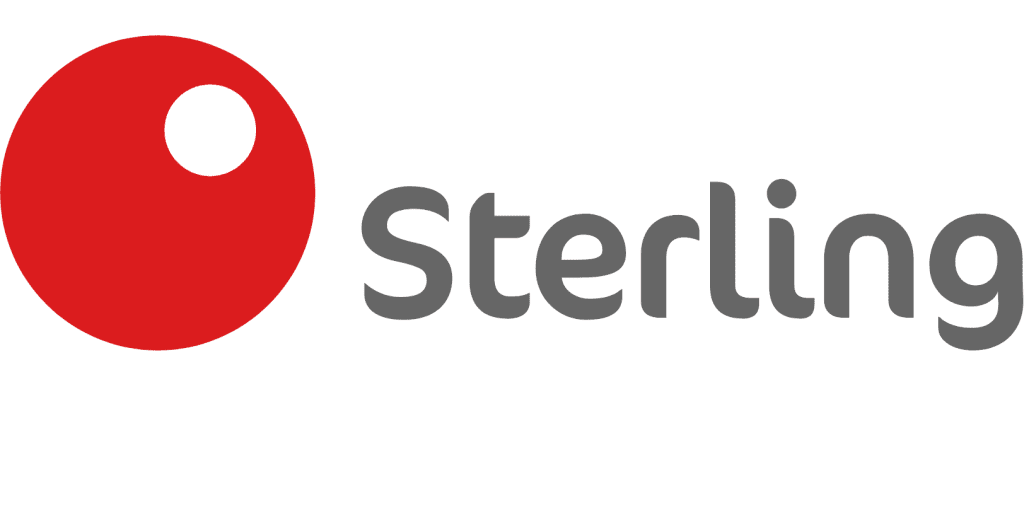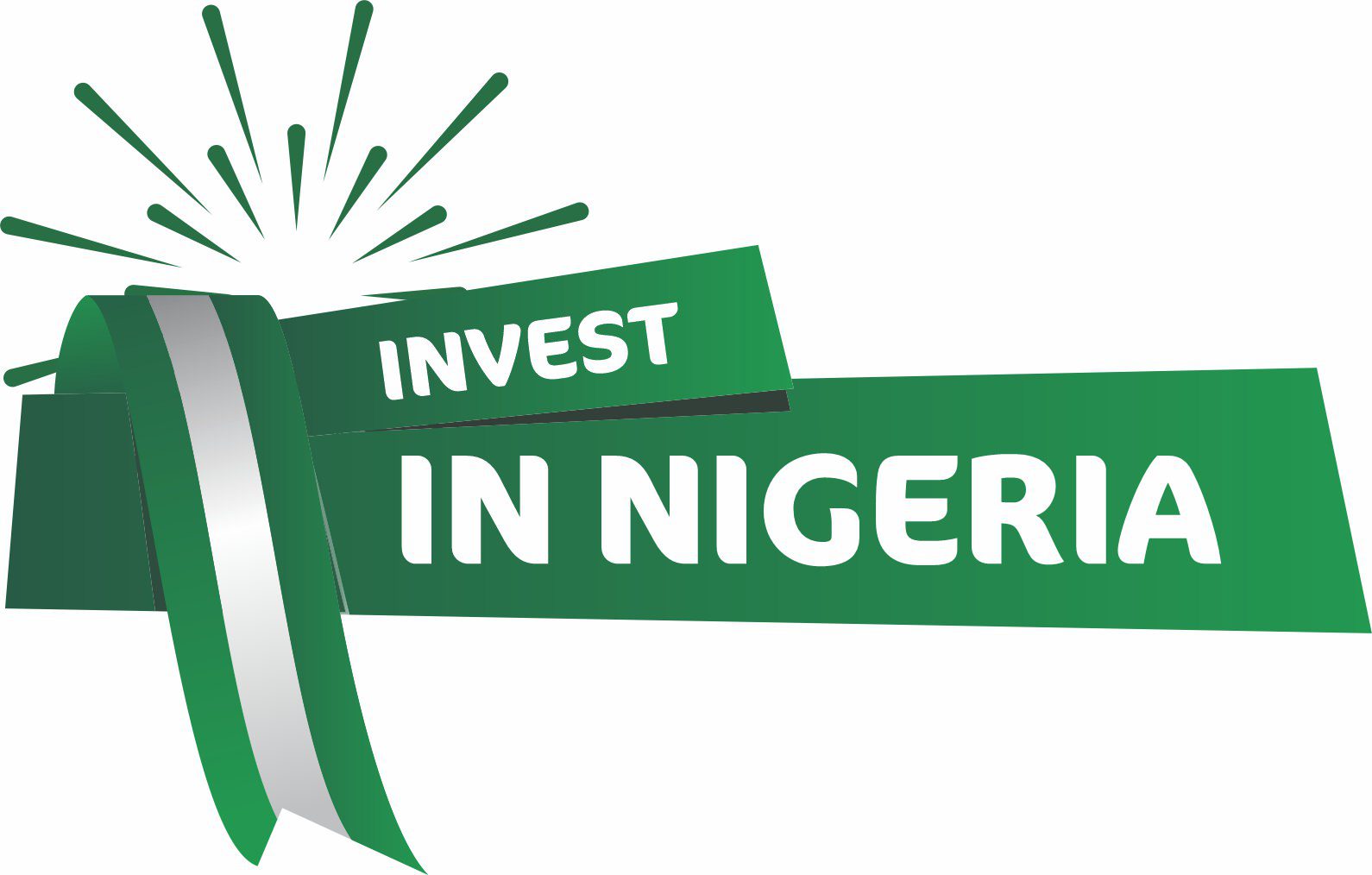H.E.A.R.T
Lending tailored for HEART sectors.
(Health, Education, Agriculture, Renewable Energy and Transportation)
H.E.A.R.T Benefits
Growth in the economy will call for more specialized and complex financial services which will lead to growth in other financial services outside of commercial banking. More so, the growth of emerging market economies will enable financial service providers (especially banks) within those environments to gain strength and provide the impetus for expansion beyond their borders. This enables them to spread risks in time of volatility. Given this background, Sterling Bank intends to be the financial institution of choice for key stakeholders by enhancing technological capability and entrenching a customer-centric business model.
Health Sector
Given the increasing demand for healthcare services and the inadequacy of Government’s intervention in the sector, private sector participation has been on the rise across the entire value chain of the sector. Consequently, greater emphasis is placed on the growing private healthcare market, which makes it a focal point for prospective investors to examine.
Our goal in the sector is to:
• Improve healthcare delivery infrastructure through Equipment Financing.
• Improve access to medical technology that also improves health business by providing access and
information to practitioners in the sector. These will include technologies such as Hospital Management systems to improve data collection, analysis and decision making, and Inventory Management system to keep track of stock.
• Increase technical capacity across the sector through Capacity Building/Trainings.
• Encourage innovative cost-effective business models through our partnerships with other experts.
Education Sector
Nigeria has one of the highest numbers of out of school children, one of the lowest budgets by the government for education and a large youth population- all three issues providing both a crisis and a blessing. For us, given the realization that the government alone cannot cater to the large need of the population provides us with an opportunity.
By providing access and content we are aiming to:
• Deepen the knowledge of students, teachers, and school business owners
• Improve education infrastructure
• Improve the number of enrolled children per year.
• Provide access to finance for parents, schools and other stakeholders. We will go a step further to fund
unapproved schools to enable them to meet the criteria for approvals from the government
• Invest in technology that enables easy learning and dissemination of information to students and teachers
• Seek strategic partnerships outside of Nigeria to enable foreign investment flows into the education sector
Renewable Energy Sector
Nigeria in its history of electricity generation has not had adequate supply of electricity thus leaving it behind on various innovation in the globalized world. As the country’s economy develops further, the demand for energy will increase. Already, the lack of adequate power supply cripples’ industries and slows industrialization. Globally, the gradual diminishing of fossil fuels and the efforts to save the eco-system from global warming has seen nations turning to alternative sources to meet their energy demands.
Nigeria is not left behind as the adoption of alternative sources of energy will accentuate existing supply capabilities from on-grid power sources, boost growth further and reduce environmental pollution. Our play in the renewable space is part of our commitment to growing and improving businesses in Nigeria by reducing their cost of power while ensuring constant supply. We have taken a 3-pronged approach to achieving this:
• Trading- we intend to create a platform that enables the sale of renewable energy solutions between electricity generators, distributors and users.
• Financing- large projects that provide electricity to communities and businesses.
• Creating Partnerships to encourage the flow of foreign investments into the renewable space and bridge the service gaps which currently exist with the solutions.
Agriculture Sector
‘Feeding the Nation is everyone’s responsibility’. This is the mantra that guides our actions in the Agriculture sector
We believe that Nigeria’s industrialization and poverty reduction will come from the sector that currently provides the highest means of livelihood and thus we will:
• Provide finance across the value chain for agriculture to ensure that clean food reaches the table of Nigerians, Agriculture industrialists are wealthy, and Farmers live a healthy and fulfilling life.
• Provide a platform that links all players within the industry while providing information to help improve their business
Transportation Sector
In many developing countries, the transportation sector contributes between 6% to 14% of the GDP but contributes below 1.5% to Nigeria’s GDP. An efficient transport system optimizes the value chain in any economy and impacts on other sectors of the economy. The introduction of new technologies, new players and changing customer behaviors provide the sector with the potential to transform as a system and for new business models to develop.
This provides an opportunity for us to bridge the gap that challenges such as poor infrastructure, lack of investment and development of new technologies and poor mass transit creates. For the transportation sector, we will:
• Invest in technologies that ensure efficient collections for transport businesses.
• Provide financing that enables transport businesses to scale up from their current models.
• Create partnerships with experts outside of Nigeria to test new business models that ensure that economic resources are adequate, properly and safely transported.
• Actively encourage the use of mass transit systems to reduce carbon emissions in line with our commitment to a cleaner environment










